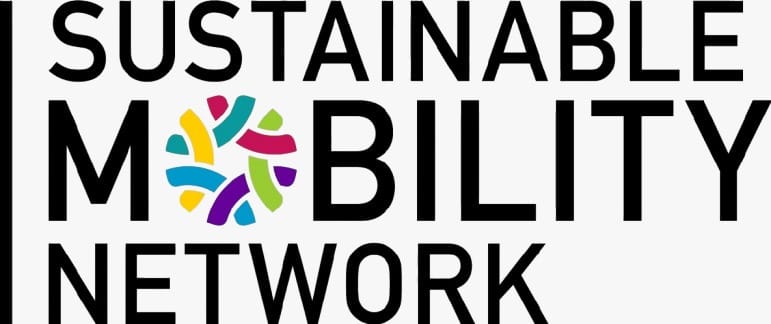Maharashtra is at a critical juncture in its urban development. As cities expand and populations grow more diverse, the state’s transportation infrastructure struggles to keep pace. Rising pollution, worsening congestion, and increasing social inequities have escalated from issues of inefficiency to a full-blown crisis. As the 2024 Maharashtra Legislative Assembly elections approach, these mobility challenges require urgent action.
Also Read: Local and ethical candidates only, Govandi citizens tell political parties ahead of elections
To address this, Parisar, Waatavaran, and Young Leaders for Active Citizenship (YLAC), with support from the Sustainable Mobility Network (SMN), have co-drafted the Maharashtra Urban Mobility Charter of Demands. This Charter seeks to influence public policy and political agendas in the lead-up to the elections, offering sustainable, inclusive, and equitable mobility solutions.
The Sustainable Mobility Network, a coalition of organisations, is committed to a vision of “Zero Emissions, Zero Exclusion, and Zero Road Deaths.” The Maharashtra Urban Mobility Charter reflects this vision, with key demands spanning governance, public health and safety, public transportation, and e-mobility.
Call for road safety and gender-inclusive transport
It calls for finalising the Maharashtra Urban Mobility Policy, creating Unified Metropolitan Transport Authorities (UMTA) in all major cities, implementing universal design principles in all public transport systems, and greater transparency and public participation in decision-making. Additionally, the Charter prioritises road safety, gender-inclusive transport policies, and the electrification of transport fleets by 2029.

Developed through extensive consultations with a wide range of stakeholders, including urban mobility experts, the Maharashtra Urban Mobility Charter is the result of a collaborative process and reflects diverse perspectives. The Charter aims to create a transportation system that is not only efficient and sustainable but also socially inclusive, ensuring equitable access for all sections of society.
This effort is supported by a diverse group of organisations, including the Centre for Sustainable Development, Centre for Environment Education, R Nisarg Foundation, Clean Energy Access Network (CLEAN), Sarg Design Studio, Fridays For Future Mumbai, Save Pune Traffic Movement and Urban Research Foundation. To further amplify the Charter’s visibility and increase public awareness, Civis and Jhatkaa have also joined the initiative as digital advocacy partners.
The Charter has already garnered significant public support, with over 1,300 endorsements and signatures from citizens across the state, reflecting the widespread concern for Maharashtra’s urban mobility challenges.
Read more: Walking Project’s manifesto: Ensure better roads and pedestrian safety in Mumbai
Advocating for sustainable mobility
Ranjit Gadgil, Program Director at Parisar, who was involved in the development of the charter says, “With the Maharashtra Assembly elections scheduled for November 20, there is a critical window for citizens to engage with and advocate for a more efficient, equitable, and sustainable mobility framework for the state.
“Policymakers, political parties, and citizens must prioritise these demands and work together toward a more resilient and inclusive urban future. This is an opportunity to help shape the state’s development and create a transportation system that meets the needs of its people today and for generations to come,” he adds.
The aim is to gather further endorsements and support from the public to amplify the collective voice behind the Maharashtra Mobility Charter’s demands. Every endorsement counts, and your support is crucial in advocating for the sustainable and inclusive mobility reforms outlined in the Charter.
Refer to the charter below:

Use the hashtag #MajhiMobility to boost its visibility and ensure it reaches decision-makers and policy influencers.
[This is based on a Press Release from the Sustainable Mobility Network and has been published with minimal edits.]